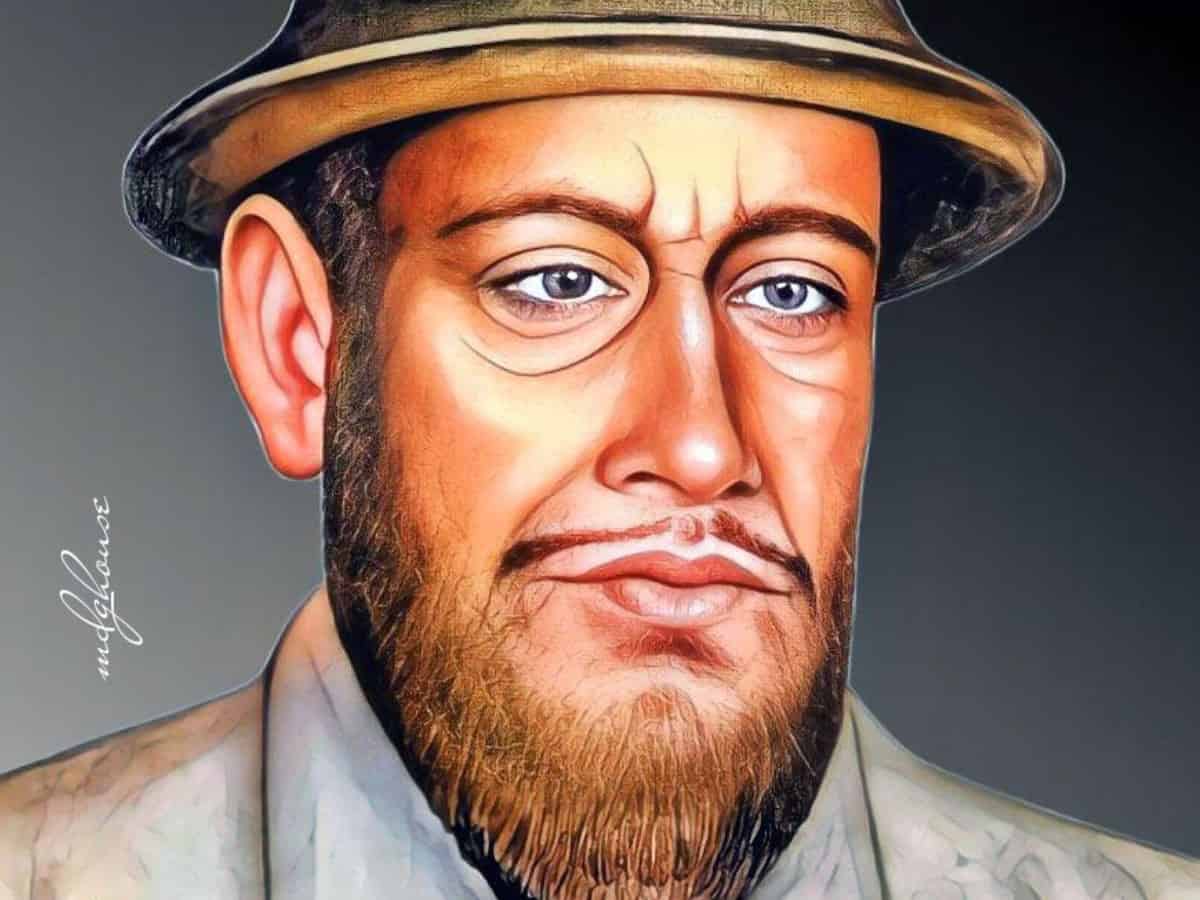
Mohammad Bakht Khan was born in Sultanpur in Ayodhya, Uttar Pradesh. He provided leadership to the heroes and heroines of The First War of Independence of India of 1857 against the forces of the East India Company, by taking up the responsibility of Commander-in-Chief. He had about 40 years of long experience in the British army. He defeated the British commanders in the rebellion led by Khan Bahadur Khan in Rohilkhand.
Later, he captured the treasury of the East India Company in Bareilly and reached Delhi with his troops. He streamlined the troops after his appointment as the Commander-in-Chief by the Mughal Emperor, Bahadur Shah Zafar. He initiated democratic reforms by establishing the ‘Greater Administrative Council’ and formulated the Special Constitutional Policy.
He felt that there should not be any influence of personal differences and selfishness on the independent rule. Thus, Muhammad Bakht Khan demonstrated great statesmanship in his mission. He said that it was not enough if the British were to drive them away from Delhi; they were to be eliminated from nearby states of India as well.
While Muhammad Bakht Khan was busy in his mission, the jealous members of the royal family and the selfish traders misguided the emperor, Zafar. As he understood the situation, Bakht Khan voluntarily gave up his position as the Commander-in-Chief. Later, he fought several battles against the East India Company forces with his own troops.
Finally, when the defeat of Delhi had become inevitable, Bakht Khan invited the emperor to go with him to Lucknow of Awadh state. But the emperor did not respond to his advice as he was under the influence of the cunning people around him. Then, Bakht Khan left Delhi and reached Awadh. Along with Begum Hazarat Mahal, he fought against the British forces. But, when Lucknow was seized, he retreated to the Nepal hills along with Begum Hazarat Mahal.
From there, Muhammad Bakht Khan started his efforts to fight back against the British force, but could not succeed in his attempts because of the non cooperation of the Nepal ruler, Jung Bahadur.
Muhammad Bakht Khan, who revolted against the British and fought various battles successfully in the First War of Independence of India, died fighting unto the last on 13 May 1859.

